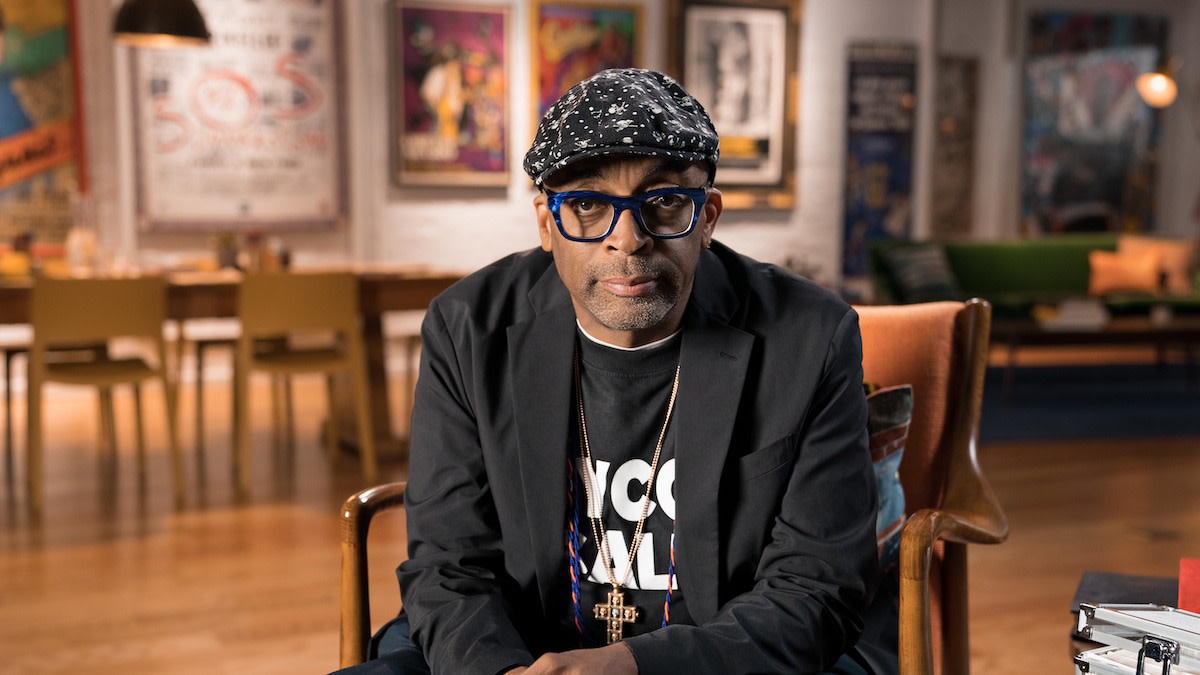Spike Lee’s 7 Tips for Casting a Film
Written by MasterClass
Last updated: Jun 7, 2021 • 4 min read
Director Spike Lee first captivated our cultural consciousness in 1986 with his debut film, She’s Gotta Have It, a story about a sexually empowered woman in Brooklyn and her three lovers, told in black and white. Over his long and varied career in Hollywood, Spike has continued to make iconic feature films such as Do the Right Thing, Malcolm X, Inside Man, BlacKkKlansman, and Da 5 Bloods. For Spike, casting the right actors in the right roles is of the utmost importance.
Learn From the Best
Why Is Casting Important?
Casting is one of the most crucial parts of the filmmaking process. Whether you're making a feature-length indie film, a short film, or a TV show, the way your actors embody their characters can make or break your script. "When you cast in your film,” Spike says, “the wrong actors in the wrong roles could turn out the wrong movie. And those three wrongs will kill you right there. When you cast people, especially the leads, you can't be flippant about it. You've got to really take time before you trust them with this role."
Spike Lee’s 7 Tips for Successful Casting
Filmmaker Spike Lee's casting tips are backed up by decades’-worth of casting sessions and numerous acclaimed films. Follow Spike’s tips for choosing the perfect cast for your next film project.
- 1. Don't be afraid to ask an actor to audition more than once. Spike believes that in order to trust an actor with a role, it's important to witness the actor's approach over time. Auditioning is stressful even for great actors, so bringing someone in for multiple callbacks gives you a greater sample of their skillset. Taking extra time during the preproduction process to audition actors can save precious time and money on the back end, as it can be difficult and costly to fire an actor or edit out a bad performance.
- 2. Be open to casting actors who might not look the part. In other words, try to look past an actor’s headshot when casting a role. This is a lesson Spike learned with Halle Berry in Jungle Fever. Spike initially believed Berry, a former pageant contestant, was too attractive to convincingly play the role of a crack addict. He and his casting director, Robin Reed, called the actress back to read five or six times. On one of these auditions, Berry dressed the part to convince them she had the acting chops, which won her the role.
- 3. When casting two lead roles, have them audition together before hiring them. Bringing your lead actors into the audition room together for a chemistry read is one of the most important parts of the casting process. Spike asks these fundamental questions: Do they get along? Do they interact? Is it believable that these people are together? Do you believe them? Yes or no?
- 4. Don’t lose heart when an actor turns down a role. "Almost every single time that happened to me, it turned out for the better," Spike says. "Because you may be a big giant star, but sometimes you might not be the right person for that role.” Often, a lesser-known actor will surprise you and be better suited to the role than a name actor.
- 5. Be willing to work with less experienced actors. Just because someone's an aspiring actor fresh out of film school doesn't mean they don't have acting chops. Several famous folks got their first movie credits with Spike, including Halle Berry, Martin Lawrence, Rosie Perez, and Queen Latifah. While it’s true that having a seasoned professional actor attached to your film can help get the project financed, as an upstart film director, you may not have the connections to get a script into the right hands. If you’re able to hire a casting director, utilize their resources to help put out a casting call and suss out new talent. Good casting directors often have connections to talent agents and talent, as well as a sharpened eye for choosing the right actors for your project.
- 6. Look for actors who will be team players. "I view myself when I'm casting as the general manager of a team," Spike says. "You want to try to get pieces to fit. And everybody comes together, united, in concert, and simpatico for making the best film we can make." Casting actors who put the success of the movie above their own ego usually proves to be a wise choice.
- 7. Be open to actors who pitch dialogue changes. It's understandable for screenwriters to get a little offended if an actor suggests changing the dialogue, but Spike encourages you to take your ego out of the equation and let actors improve what you wrote. "It's always been my practice that every word I write is not golden," says Spike. "A lot of times actors can come up with something that's better than what you wrote."
Want to Learn More About Film?
Become a better filmmaker with the MasterClass Annual Membership. Gain access to exclusive video lessons taught by film masters, including Spike Lee, David Lynch, Shonda Rhimes, Jodie Foster, Martin Scorsese, and more.
